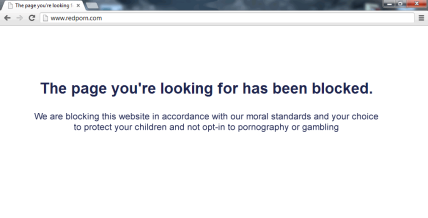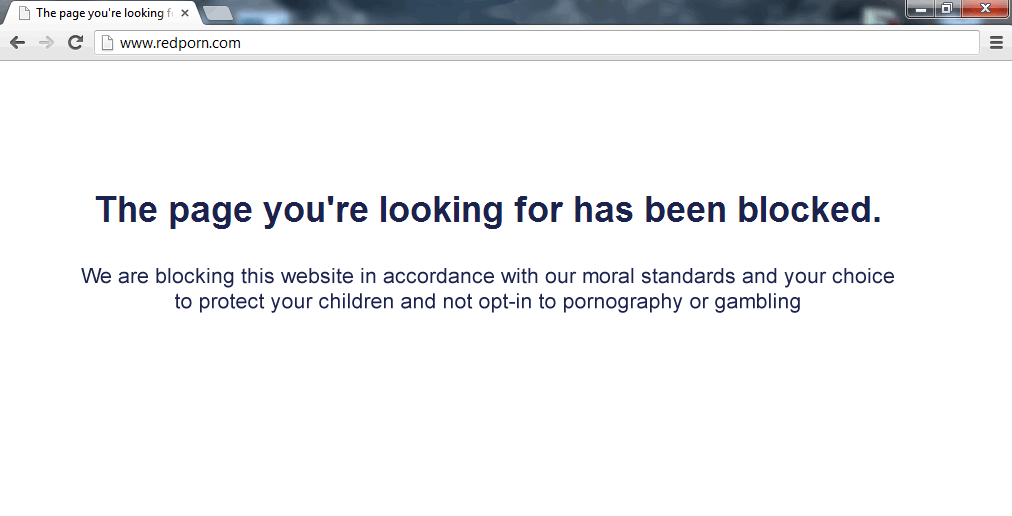
Online pornography is to be blocked across the UK unless people actively choose to receive it, Prime Minister David Cameron is to announce.
As we have previously reported, the coalition government has decided to move forward with plans of digital censorship due to their own moral judgements about pornography “eroding childhood”, with the blocklists applying to both current and new subscribers across all UK ISPs.
There certainly is an argument to be made about applying these filters to public WiFi hotspots such as found at train stations and coffee shops, as children may connect to these without parent supervision, but in the home making the censorship opt-out rather than opt-in is worrying.
The discussion on the issue, dubbed #PornDebate on twitter, has conflated the issues of child porn and exploitation and legitimate and legal adult material. David Cameron and other Tory ministers have managed to imply that there is no difference between on one hand the illegal exploitation of children for which there is already censorship and the people behind the images and videos are being tracked by police, and on the other hand legal adult material depicting sex in it various forms between consenting adults. They are not the same, and the conflation of the two to censor the web due to the moral arguments of a few is problematic.
The problem with all censorship is that innocent websites will be blocked by accident, possibly hosting sexual education, and sexual health material, and other less scrupulous adult sites will evade the filters. The government will be creating a situation where the legitimate pornography websites that have tagged themselves correctly for filters will be blocked, whilst others that are less concerned by following guidelines will still be available.
Where is the line drawn for what is and what is not pornography? How much nudity is allowed? What about page 3 in tabloid newspapers? If a film is educational but includes scenes of penetration – would that be blocked? Why is this block only online – what about newsagents and video stores where people can rent or buy adult material? Which body has the government decided has the moral authority to decide on what images and videos erodes childhood, and which are fine.
There is certainly a debate to be had about the effect of watching pornography on young people, and their ideas about sex, and if a parent would like to block the material in their home they should be able to. However, the state getting involved to block such content and people needing to opt in to receive it is hugely problematic. Also, why is it that pornography is being targeted and not gambling, alcohol, or cigarette websites – vices which are known to cause issues for people of all ages? Or maybe this is the first step and the government is going to step in and block all that content as well? Or because they pay special licensing fees, are they exempted from such moral judgements?



